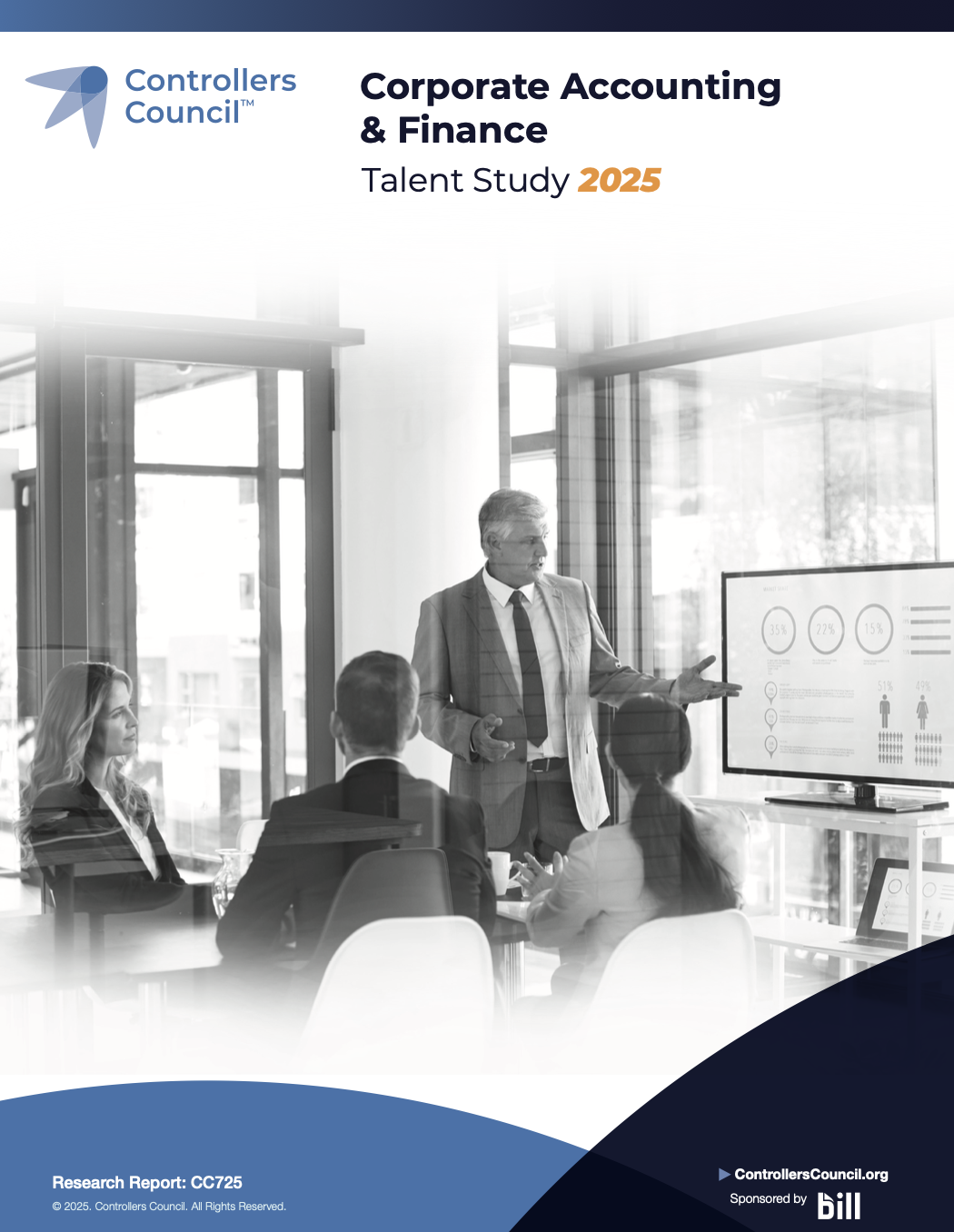At some point, this pandemic, the recessions, and the lockdowns will be a distant memory. Now, despite the recent uptick in cases, companies around the world can start looking at a realistic return to normal.
But as much as everyone talked about the new normal, it’s probably not going to incorporate as much social distancing or masks as initially proposed. Yes, this will be a consideration in coming months—until inoculation hits a critical mass—but this time next year, it’s going to feel a whole lot more like 2019 than 2020.
Compensation and Benefits Trends in the Return to Reality
That said, one omnipresent challenge for finance leaders will require a different approach. Faced with the same staffing challenge as they always have, finance leaders will need to turn some of the requirements placed on companies into benefit offerings. This according to studies conducted by Robert Half, demonstrates a blend of new and old normals as companies fight for talent in the coming years and decade.
Continued Compensation
For corporate finance leadership, 2021 will represent an inflection point for finance retention. Though Robert Half found that most employers have continued to compensate accounting staff at or above pre-COVID levels, the pandemic helped employees realize how valuable they really are.
Compensation and Bonuses in 2020
When asked about compensation for corporate finance staff, CFOs noted that:
- Nearly half (47%) were able to maintain salaries for staff—with one in four (26%) even increasing base compensation throughout 2020.
- Even with a decrease in revenue, leaders are fighting to keep up bonuses. However, this does vary greatly, as 52% plan to maintain or increase bonuses for 2020 and 38% look to decrease them.
Accounting Professionals More Confident Than Ever
However, leaders need to ask if this is enough. The pandemic has reiterated to employees their value. Controllers, for instance, got to show off their crisis management, creativity, and cash management skills—three things that are a lot harder to show off in times of plenty.
Throughout the accounting department, people were able to do more with less and some even saved the business. Matt Weston, Managing Director of Robert Half UK adds,
“[…] following the first lockdown, many accounting and finance professionals are now savvier about the market value of their skills and current salary trends than ever before, with the skillsets they have developed during the pandemic putting them in high demand for the foreseeable future. […] businesses should research compensation trends regularly and be prepared to move quickly and negotiate effectively – using both financial and non-financial benefits – in order to retain key employees or hire promising talent.”
Beyond the Paycheck: What Benefits Are Companies Keeping?
Pair increased confidence with an ongoing talent crisis and you realize that the market favors the supplier. It has for years—accounting and corporate finance faced a talent crisis the minute the recession ended. But compensation is only part of the picture. Despite employee confidence, these people do understand the financial strain placed on businesses in 2020.
Telecommuting, Flextime, and Compressed Work Weeks
They’ve also gotten used to a certain way of work. Employees have adapted to working from home. Many companies have adjusted. When asked about the steps CFOs are taking to provide work-life balance in the foreseeable future, remote work led the way, with a few other initiatives following closely behind:
- Work from home is a reality. Nearly three quarters expect work from home to remain in their policies for the foreseeable future (though executives were not asked if a WFH dress code would be in play).
- Flextime policies may be enshrined. Many employees have spent the last nine months able to structure their day and/or week. Though no one is touting the death of the 9-5 just yet, companies have deviated from structure, with 61% planning to offer flextime policies.
- Working for the (3-Day) Weekend.Added to this, workweeks are changing as well; more than half of employers have offered compressed workweeks (i.e. four ten-hour shifts) and may consider these in the future.
Employers Committing to Employee Mental Health
After nine months of remote work, many have seen the practicality and novelty of videoconferencing wear off, with nearly four in ten finding themselves suffering from video call fatigue. Robert Half also cites that a third of employees are more burned out than they were last year, driven in part by a fuller plate at work.
Along with the new focus on flexibility, employers are prioritizing employee wellness. Zoom burnout, isolation, and vitamin D deficiencies remain top concerns for employees as we enter Winter, and employers are trying to adopt policies focused on the employee.
Among respondents, more than half (51%) have been more likely to provide mental health resources and assistance, with 47% adding or rethinking wellness in 2020.
Share Your Thoughts, Grow Your Role: Just a Few Reasons to Join Controllers Council
Whether you’re looking to hire, looking to find a new role, looking to learn, or simply looking to connect with other likeminded individuals, the Controllers Council is the place for you. As the fastest growing community of corporate finance and accounting professionals, we offer a place for leaders to network with peers, secure CPE discounts, find work and more.
There are so many reasons to join Controllers Council before 2020 ends. Learn more about the benefits of membership here. Better yet, from now until Thanksgiving, get 30 percent off an annual membership with code thanksgiving.




